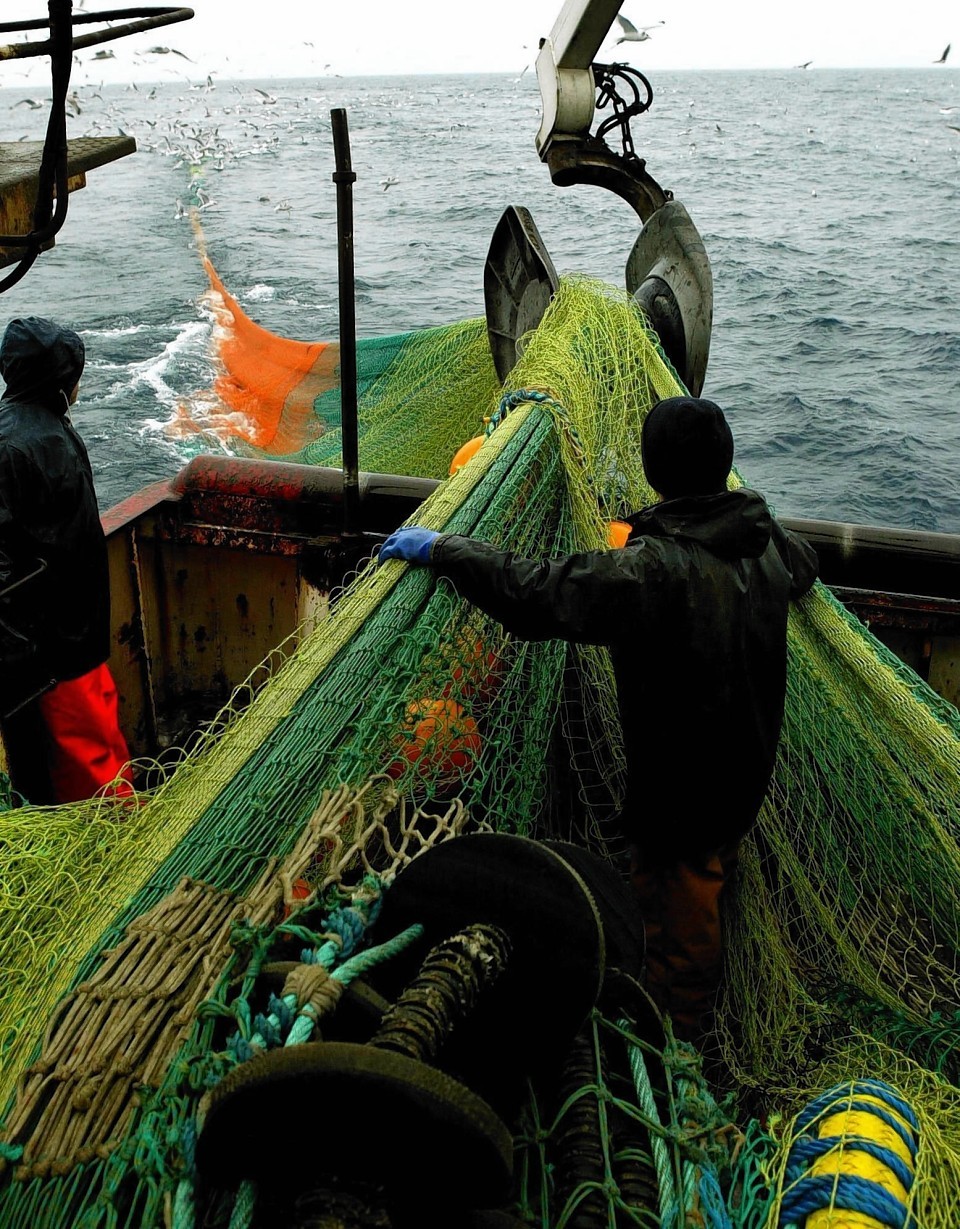Discarding is to be progressively phased out between 2015 and 2019, and fishermen will be obliged to land at least 95% of all the fish they catch.
The ban is the cornerstone of the newly reformed Common Fisheries Policy and will apply to white-fish from the start of 2016.
While delighting an environmental lobby outraged by the wasteful practice, there is growing uncertainty about how it can work in Scotland’s complex white-fish fisheries.
The fear is that large catches of unwanted fish which must be landed could quickly “choke” quota limits.
Scottish Fishermen’s Federation chief executive Bertie Armstrong said: “The introduction of the discards ban is probably one of the biggest challenges our industry has ever faced.
“There are so many issues still needing resolved, not least what to do with choke species – fish that are abundant but have low quotas, and have the potential to close a mixed fishery down once their allocation is exhausted.
“If the ban is implemented badly and without a great degree of latitude and flexibility, then it has the potential to devastate our fishing communities.”
According to Scottish White Fish Producers’ Association chief executive Mike Park, the ban will be “extremely difficult” to implement without business failures.
Mr Park said: “Flexibilities provided in the regulation which allow member states some wriggle room – such as species convertibility, where one species can be converted to another – are to all intents meaningless due to the fact that we currently catch everything we are allocated and then some, which we transfer into Scotland from other (EU) member states.
North Sea hake – now eight times more abundant than a decade ago – is just one of a number of species which could choke quotas and close the industry down prematurely, he warned.
Shetland MSP Tavish Scott has written to Fisheries Minister Richard Lochhead asking how the ban is going to work.
A Scottish Government spokeswoman said: “Discards are an appalling waste of a valuable natural resource and it is right and proper that we do everything we can to bring this practice to an end.
“That is why we are working so closely with industry to ensure that the landing obligations are implemented in a sensible and workable way.”
